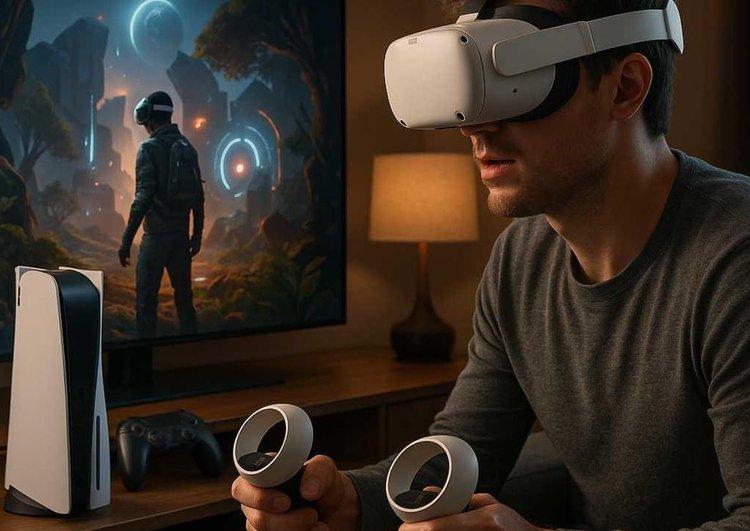VR games are entering a new era of realism with full-body tracking, emotional NPCs, and gesture-based gameplay that blurs the line between simulation and reality.

The VR gaming industry is evolving rapidly, driven by advancements in hardware and software that create unprecedented levels of player immersion. Full-body tracking systems now allow gamers to see their exact movements mirrored in virtual worlds, while sophisticated AI enables NPCs to react with nuanced emotions and adapt dynamically to player actions.
Innovative Gameplay Mechanics
Gesture-based controls replace traditional button presses, encouraging natural interactions that make gameplay more intuitive and physically engaging. Players can perform complex actions using hand signs, body language, and even facial expressions, fostering a deeper connection between the player and the virtual environment.
- Full-body motion tracking for lifelike avatar representation
- Emotionally responsive NPCs powered by advanced AI algorithms
- Gesture-driven gameplay mechanics enhancing immersion
- Seamless integration of haptic feedback and spatial audio
Impact on Player Experience
These innovations transform VR from a purely visual experience into a holistic sensory journey, blurring the boundaries between the real and virtual. Players report higher engagement levels, stronger emotional responses, and a greater sense of presence, making VR gaming a truly transformative form of entertainment.
“The latest VR technologies are not just about graphics—they redefine how players interact with digital worlds, creating experiences that feel genuinely alive.” – VR Game Developer, Immersive Worlds Studio
As VR continues to advance, the possibilities for storytelling, social interaction, and gameplay mechanics expand dramatically, promising a future where virtual realities are as rich and meaningful as our physical one.